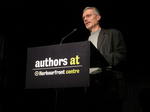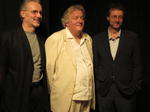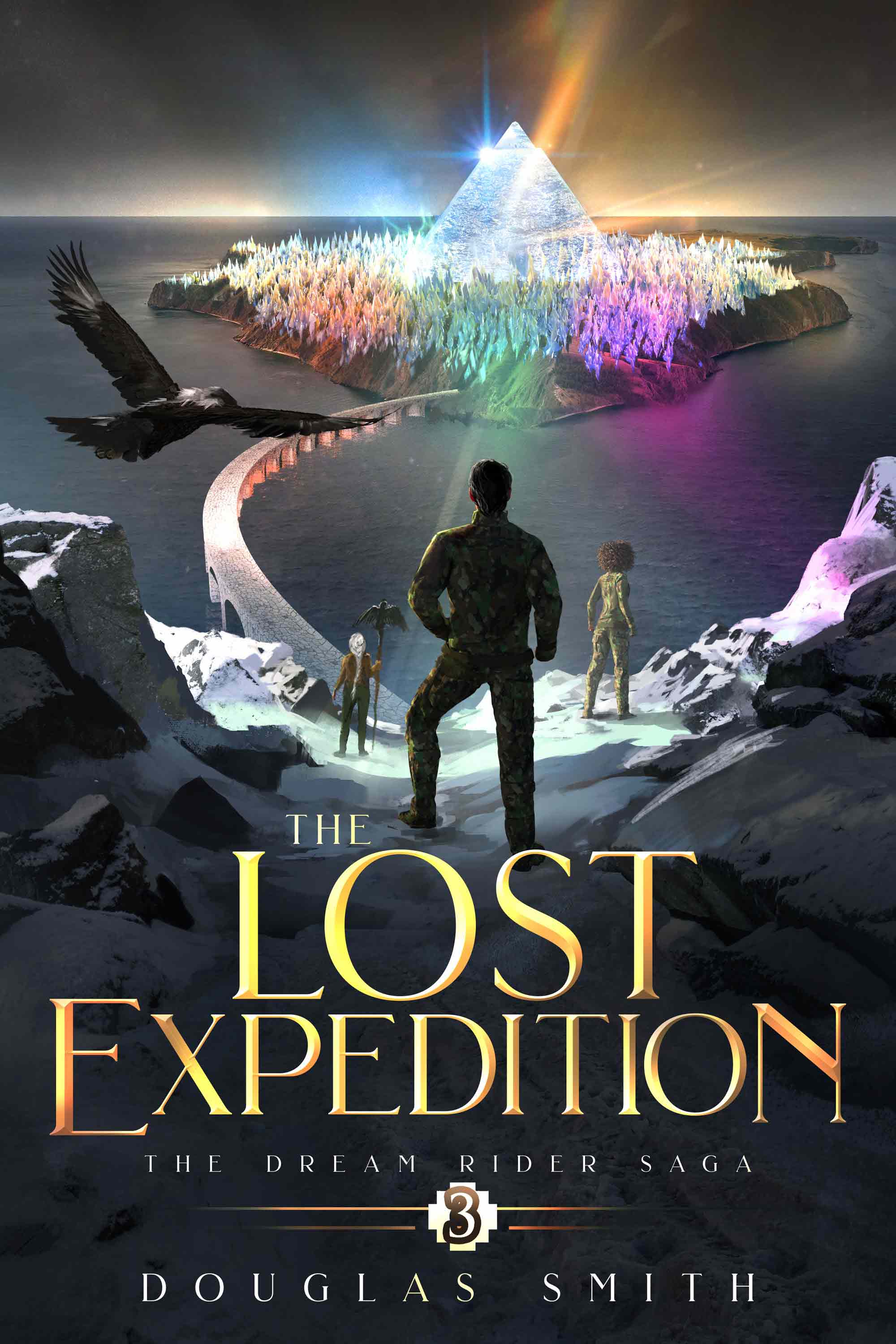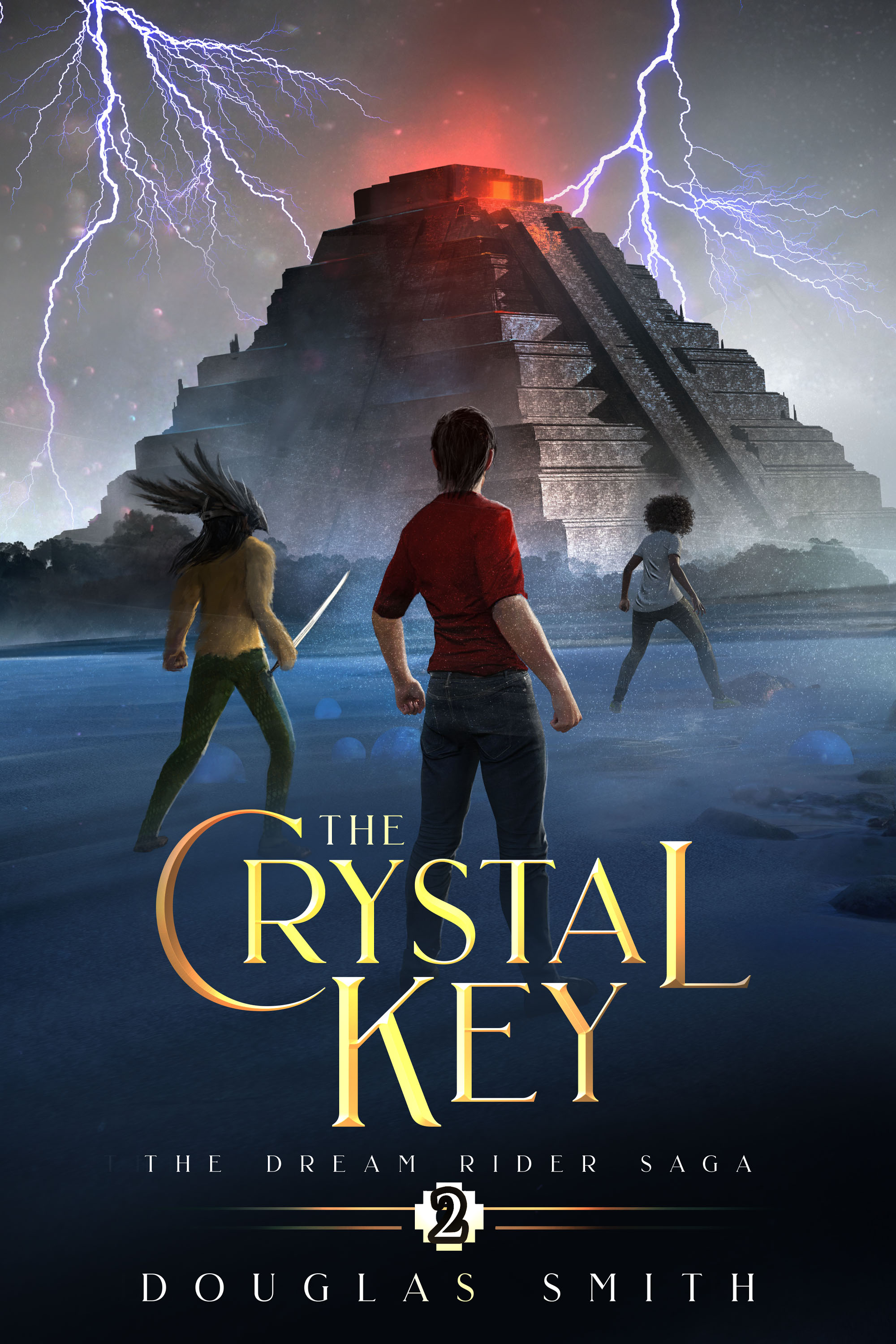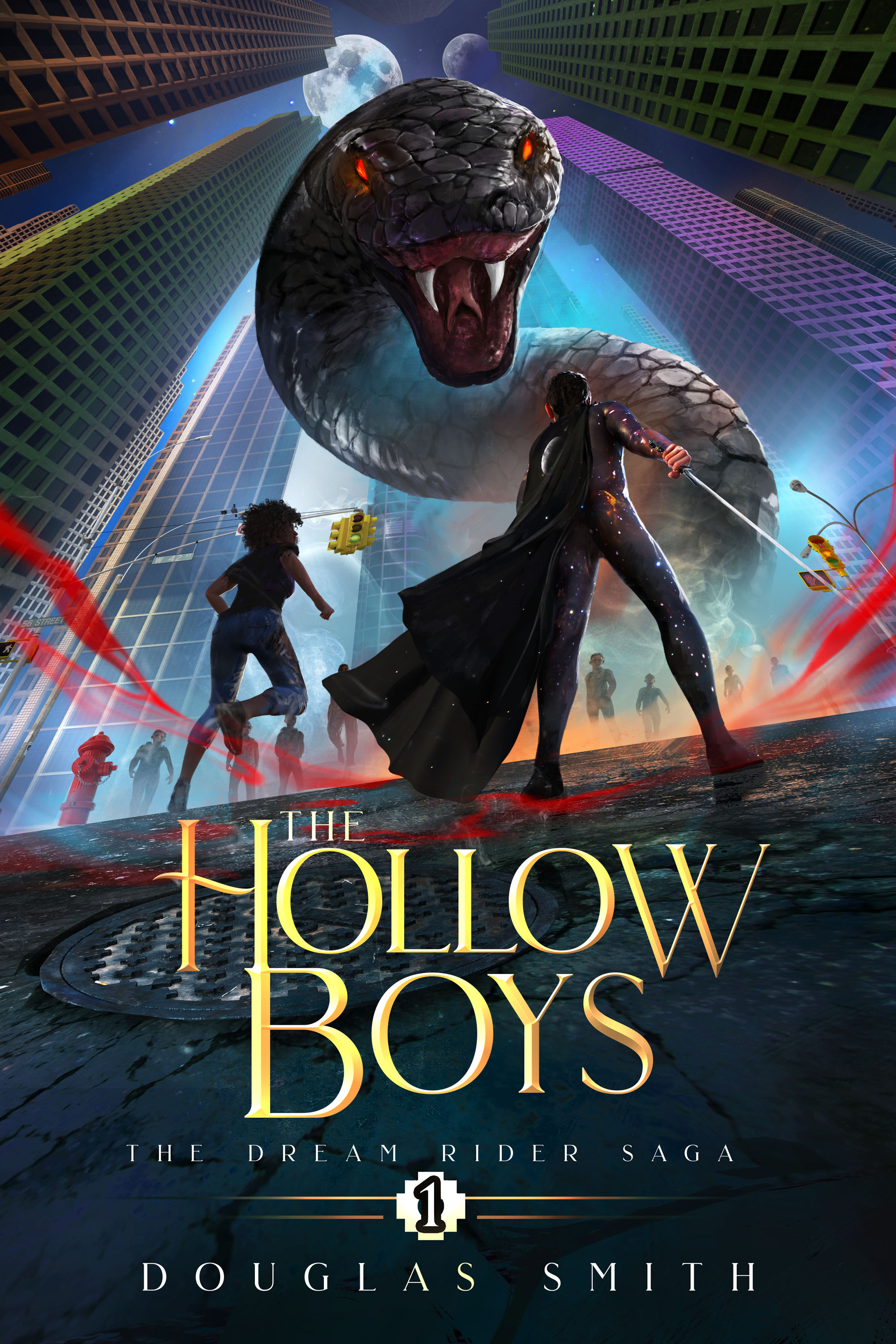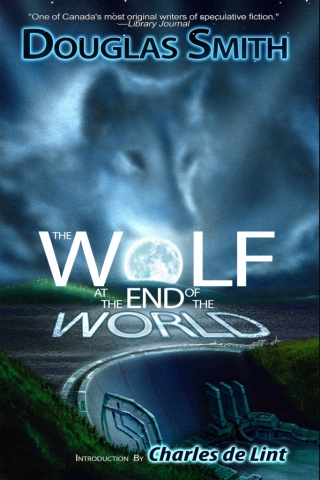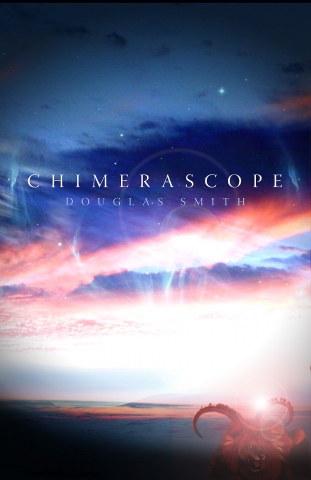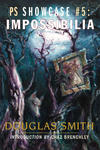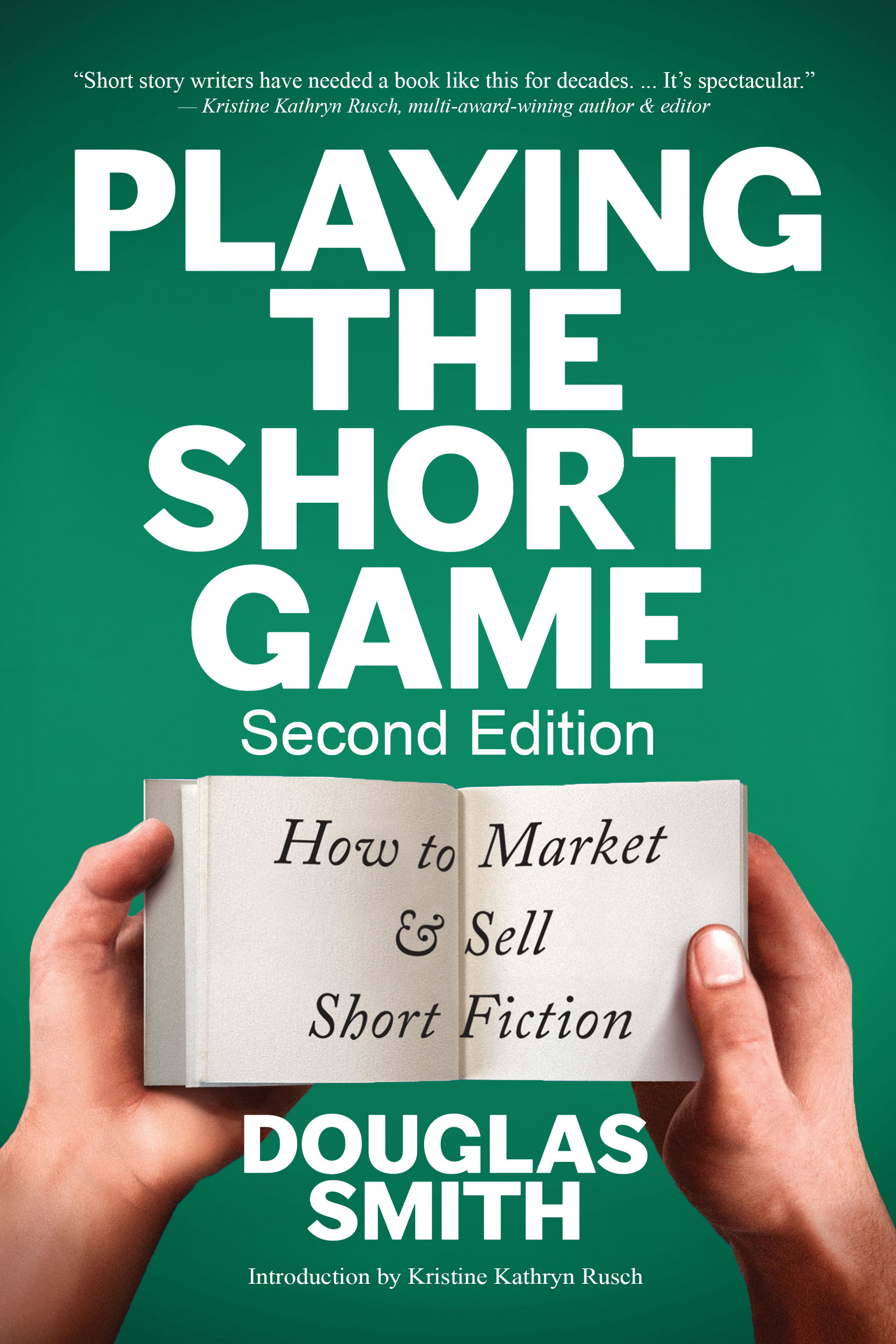Update: This event will begin at 6:30pm, Jan 30, 2012
Five years ago, on December 13, 2006, my dad passed away after a long battle with Alzheimer's. I was therefore very pleased to be one of the authors invited to attend the inaugural "Authors Fight Alzheimer’s" book signing fundraiser. The event has been put together by Canadian authors and publishers in conjunction with the Alzheimer’s Society, and will be held on the evening of January 30, 2012, at the North York Central Library Auditorium, 5120 Yonge Street, Toronto.
If you can, please show up, meet an author, buy a book, get a book signed, or just show your support in the fight against a disease that steals us from the memories of our loved ones and takes them from us before their time.
From the organizers:
Authors of various genres will be present to sign their books with the proceeds going to fight Alzheimer’s disease. The theme "Read…Think…Remember" promotes keeping the mind active through reading, an important defense against the disease.
Author Attendees (as of December 18) include:
- MuseItUp Publishing – Joanne Elder, Sandra Clarke, Kevin Craig, Nancy Bell, Helene Prevost
- Double Dragon Publishing – Deron Douglas, Anne Grobbo
- Chizine Publications – Doug Smith (two-time Aurora Award winner), Caitlin Sweet
- Dragon Moon Press – Erik Buchanan, Jessica Frey
- Dark Dragon Publishing – Karen Dales
- Crime Writers of Canada – Melodie Campbell, Rick Blechta, Joan Boswell, Alison Bruce, Sheila Dalton, Alex Markman
- The Writers Community of York Region – Malcolm Watts, Heather Lambert
- And - I.J. Schecter, Peter Dennis, Mark Pezzelato.
Guest Speaker – Dr. Sandra Black, Director, LC Campbell Cognitive Neurology Research Unit, Sunnybrook Health Sciences Centre and Professor, department of medicine (neurology), University of Toronto
Thanks to Deron Douglas for publishing a commemorative book for this event.
Authors interested in participating in the event or for more information, please contact the Event Organizer:
Joanne Elder jelder1@rogers.com
CORPORATE SPONSORS:
Borden, Ladner, Gervais LLP
MuseItUp Publishing, Sunrise of Aurora, Edward Street Bistro
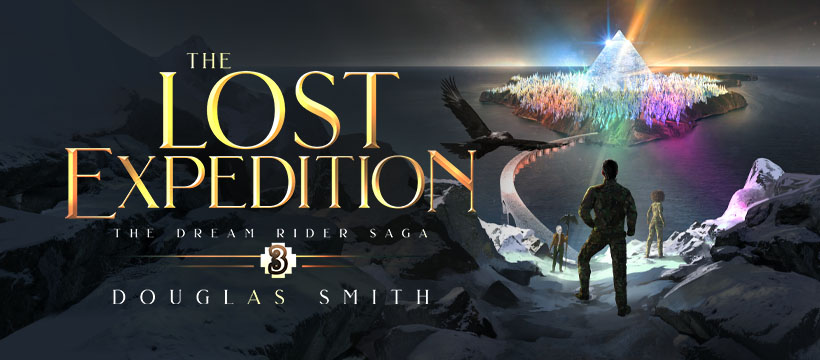
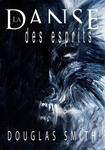
 Whoa, I'm way behind in posting updates and news here, so I'll be trying to catch you up on some recent sales and publications over the next week or so.
Whoa, I'm way behind in posting updates and news here, so I'll be trying to catch you up on some recent sales and publications over the next week or so.